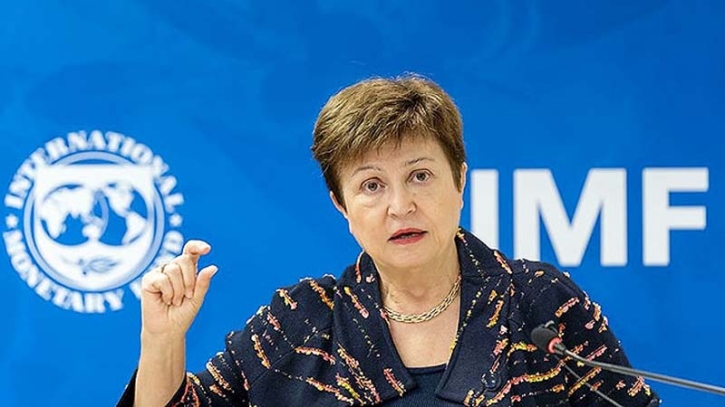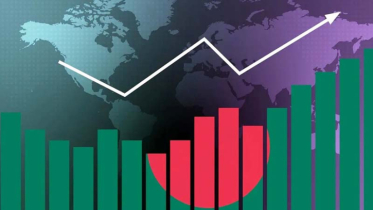Global economy faces tougher year in 2023: IMF

For much of the international economy, 2023 is going to be a tough year as the main engines of global growth- the United States, Europe and China- all experience weakening activity, the head of the International Monetary Fund (IMF) said on Sunday.
The new year is going to be 'tougher than the year we leave behind,' IMF Managing Director Kristalina Georgieva said on the CBS Sunday morning news program 'Face the Nation.'
The year ahead will be tougher than 2022 for most of the world economy as the United States, EU, and China are slowing down, said Georgieva.
In October 2022, the IMF cut its outlook for global economic growth in 2023, reflecting the continuing drag from the war in Ukraine-Russia as well as inflation pressures and the high interest rates engineered by central banks like the United States Federal Reserve aimed at bringing those price pressures to heel.
'For the first time in 40 years, China's growth in 2022 is likely to be at or below global growth,' IMF MD Georgieva said.
Moreover, a 'bushfire' of expected COVID-19 infections there in the months ahead are likely to further hit its economy this year and drag on both regional and global growth, said Georgieva, who travelled to China on IMF business late previous month.
'For the next couple of months, it would be tough for China, and the impact on Chinese growth would be negative, the impact on the region will be negative, the impact on global growth will be negative,' Georgieva said.
In October's forecast, the IMF pegged Chinese gross domestic product growth previous year at 3.2%- on par with the fund's global outlook for 2022. At that time, it also saw annual growth in China accelerating in 2023 to 4.4 percent while global activity slowed further.
Her comments, however, suggest another cut to both the China and international growth outlooks may be in the offing later this month when the IMF typically unveils updated forecasts during the World Economic Forum in Davos, Switzerland.
Meanwhile, Georgieva said, the United States economy is standing apart and may avoid the outright contraction that is likely to afflict as much as a third of the world's economies.
The 'US is most resilient,' she said, and it 'may avoid recession. We see the labour market remaining quite strong.'
But that fact on its own presents a risk because it may hamper the progress the Fed needs to make in bringing United States inflation back to its targeted level from the highest levels in four decades touched previous year. Inflation showed signs of having passed its peak as 2022 ended, but by the Fed's preferred measure, it remains nearly three times its 2 percent target.
.png)









